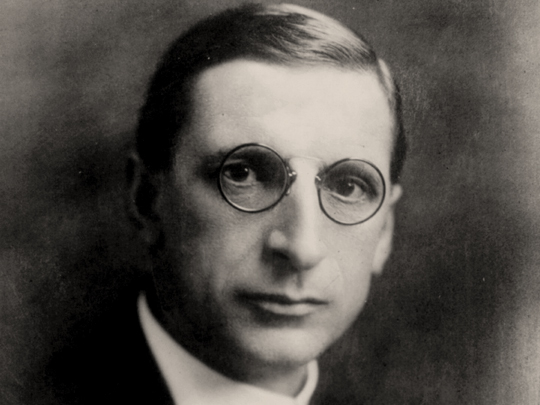Wikimedia Commons / CC-BY-SA-3.0 / GFDL
Eamon de Valera
(Irish President)
14 October 1882 – 29 August 1975 (Aged 92)
De Valera was a renowned and hugely influential Irish politician for over half of the 20th century. He served as Taoiseach (Prime Minister) three times, while also serving as Irish President from 1959 to 1973.
A prominent political leader in the Irish War of Independence, de Valera was a commander during the 1916 Easter Rising, before being on the opposing side of the Anglo-Irish Treaty in the Irish Civil War.
After being president of Sinn Féin, he left the party and founded the Fianna Fáil party in 1926.
After becoming Taoiseach in 1932, he made Ireland a sovereign nation in 1937 and introduced the Irish constitution.
A devout Catholic, de Valera’s faith is seen to have played a key part in the prominent role the Church had in Ireland during the 20th century.
His role in the outbreak of the Irish Civil War, among other things, has also seen him strongly criticized.
However, his unrivaled influence on Irish life in the 20th century is cemented, and recognized by critics and admirers alike.
De Valera died from heart failure and pneumonia at the age of 92.
Elijah Muhammad
(Religious Figure)
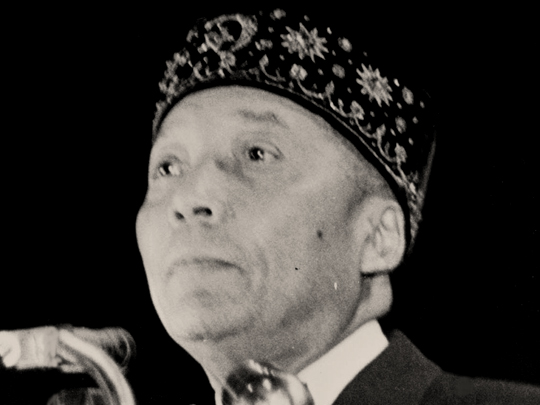
7 October 1897 – 25 February 1975 (Aged 77)
Muhammad was an American religious leader who came to prominence as the leader of the Nation of Islam in 1934, until his death in 1977.
The son of a Georgian sharecropper, Muhammad found his calling after moving to Detroit and joining a black nationalist group known as the Nation of Islam.
As the leader, he was seen as a mentor to people such as Malcolm X and Muhammad Ali.
Muhammad died from heart failure at the age of 77.
The Nation was disbanded the following year and has been rebranded numerous times since.
Haile Selassie I
(Ethiopian Emperor)
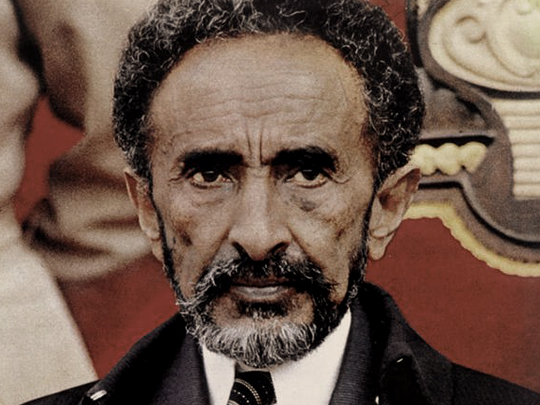
23 July 1892 – 27 August 1975 (Aged 83)
Selassie was the Emperor of Ethiopia from 1930 to 1974, whose educational, economic & social reforms helped to modernize the country.
The fall of Selassie’s reign signaled the end of a seldom interrupted rule of the Solomonic dynasty which traced its lineage to the 10th century BC.
In 1974, Selassie was deposed by the Derg, a military committee, and placed under house arrest following mass unrest after a famine, an economic crisis, and a surge in unemployment.
Selassie died while under house arrest after a reported respiratory failure, however, evidence later suggested he was strangled to death.
His remains were only discovered in 1992, before receiving a proper burial in 2000.
In the Rastafari movement, developed in Jamaica during the 1930s, Selassie is seen as the messiah and revered as such.
Ras is translated as prince or duke, while Tafari was the name given to Selassie at birth.
Sam Giancana
(Mob Boss)

15 June 1908 – 19 June 1975 (Aged 67)
Giancana was a powerful organized crime boss in Chicago.
During the Kennedy administration, he is thought to have had close ties to the Kennedys and the CIA, who allegedly recruited him to help assassinate Fidel Castro in Cuba.
The son of Sicilian immigrants, Giancana worked his way up the organized crime scene, working under Al Capone, before ultimately becoming the boss.
Giancana was called to testify in front of the Church Committee hearings, in connection with his links to the CIA’s attempts to assassinate Castro.
Before he had a chance to testify, Giancana was killed after being shot in the head and neck multiple times.
No one was charged with his murder.
Francisco Franco
(Spanish Dictator)
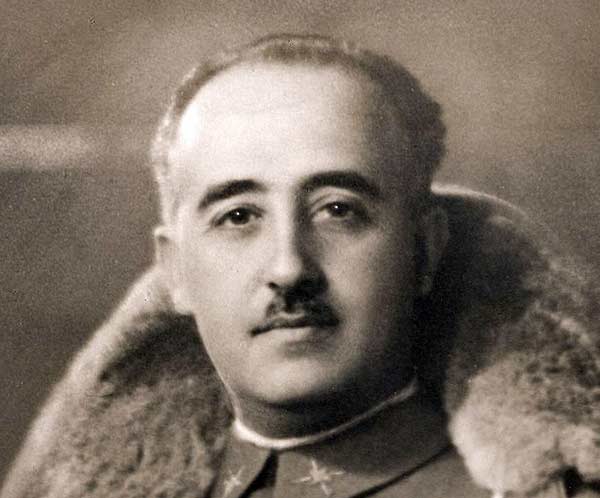
4 December 1892 – 20 November 1975 (Aged 82)
Franco was a Spanish general who came to power in 1939 after leading his side to victory in the Spanish Civil War.
He went on to become an authoritarian dictator of the country for the next 36 years.
Prior to his death, Franco returned power to the monarchy, making his successor King Juan Carlos I.
He died after suffering from Parkinson’s disease at the age of 82.
Josephine Baker
(Dancer/Singer/Activist)

3 June 1906 – 12 April 1975 (Aged 68)
Baker was an American-born dancer and singer who became an iconic performer in France during the 1920s.
During World War II, Baker’s work with the French Resistance earned her two of France’s highest military honors, the Croix de Guerre medal, and the Légion d’honneur.
Baker was also a vocal supporter of the civil rights movement in America.
She died from a cerebral hemorrhage at the age of 68.
Aristotle Onassis
(Entrepreneur)
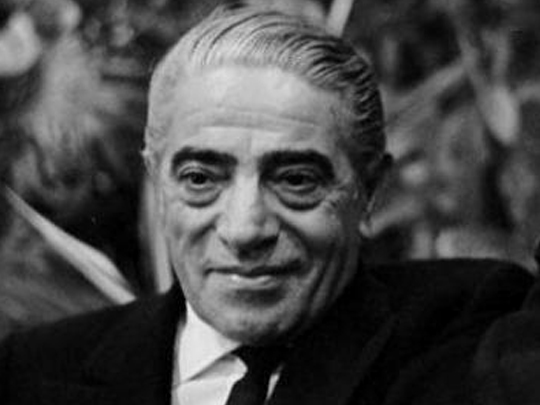
15 January 1906 – 15 March 1975 (Aged 69)
Onassis was a Greek shipping magnate, a business that made him one of the richest people in the world at the time.
Throughout his life he was a renowned womanizer, having had an affair with opera singer Maria Callas, before marrying Jacqueline Kennedy in 1968.
He died of respiratory failure in aged 69.
Thornton Wilder
(Author)
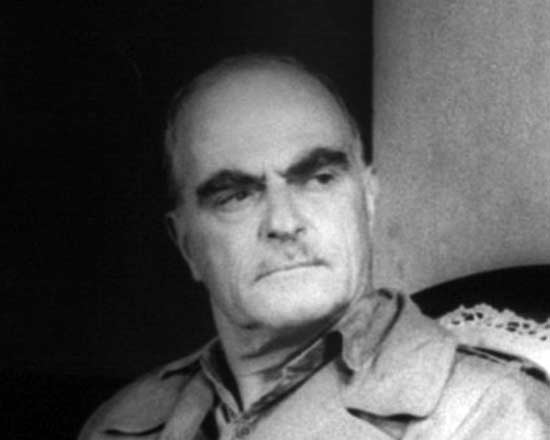
17 April 1897 – 7 December 1975 (Aged 78)
Wilder was an American author.
He won three Pulitzer Prizes during his life, two for his plays Our Town, and The Skin of Our Teeth, and the other for his novel The Bridge of San Luis Rey.
Wilder is also famous for his novel The Ides of March. He died from heart failure at the age of 78.
